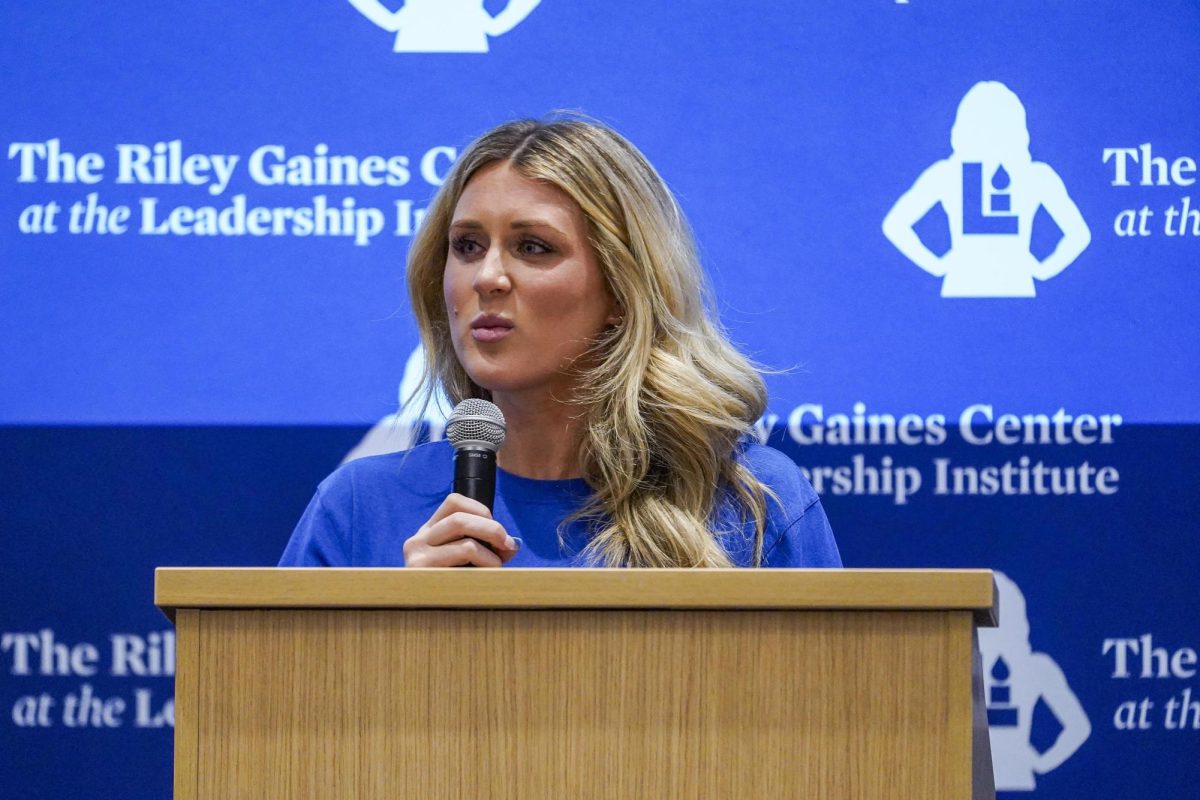Facts call for sexual education in schools
June 2, 2017
Sex, the three-letter-word parents dread entering their child’s vocabulary, is a widely tabooed subject. Perhaps this is why the goal of education on the matter seems to be concerned not with providing information about sexual activity, but delaying its occurrence — a goal which is ineffective at best.
Education on the topic of sex, when administered, comes from two competing approaches: abstinence-only and comprehensive. While abstinence-only education teaches refraining from sexual activity is the only morally permissible way to avoid risk, comprehensive sexual education teaches sex as a natural part of life, providing information in topics such as contraception and sexuality.
The National Campaign to Prevent Teen and Unplanned Pregnancy released a report in 2007 that found abstinence only programs to have essentially no effect on teens’ sexual behavior. Despite this, the U.S. government has spent over $500 million on abstinence-only-until-marriage programs.
Meanwhile, the aforementioned 2007 report found, “Two-thirds of the 48 comprehensive programs that supported both abstinence and the use of condoms and contraceptives for sexually active teens had positive behavioral effects.” Of these effects were delayed initiation of sex, reduced number of sexual partners, increased contraceptive use and reduced frequency of sex.
With many reports supporting comprehensive sexual education and a stunning lack of research demonstrating effectiveness of abstinence-only programs, one would expect a shift in the way the education system addresses the curriculum.
A 2014 ‘Health Policies and Practices Study’ turned up surprising figures. Only 25.5 percent of middle schools and 61.4 percent of high schools taught how well contraception works or doesn’t work, 23.2 percent of middle schools and 58.9 percent of high schools taught how to use contraception consistently and correctly and 17.6 percent of middle schools and 52.7 percent of high schools taught how to obtain contraception.
Less than half of the states in the U.S. require information taught during sexual education be medically accurate.
The gaping hole in our education system is not caused by a lack of desire. Multiple surveys have indicated a large majority of parents want their children to receive comprehensive sexual education, pointing toward a disconnect in a country where much discretion on education is given to state and local policymakers.
Those opposing comprehensive sexual education for their children will always have the choice to opt out (whether within the school district to which they subscribe or by exiting the district), but teen pregnancy rates show that a vast number of children are not receiving appropriate sexual education at home or elsewhere.

























































































































































